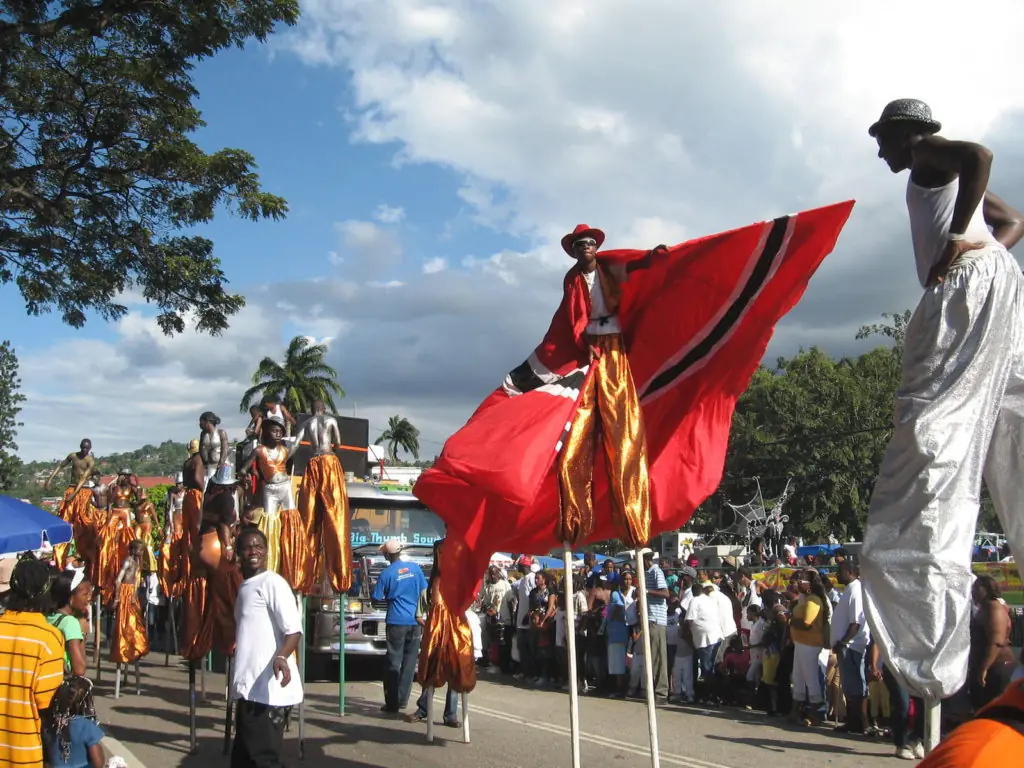The Role of Cultural Festivals in Strengthening Community Identity

Cultural festivals are more than just celebrations — they are living expressions of history, tradition, and shared values. In countries like Trinidad and Tobago, festivals such as Carnival, Divali, and Hosay are not only spectacles of art and music but also powerful mechanisms for strengthening community identity. Globally, festivals play a similar role in preserving heritage, fostering unity, and boosting cultural confidence in an increasingly globalized world.
Festivals as Cultural Anchors
Cultural festivals serve as “anchors” that remind communities of their roots. Anthropologist Clifford Geertz described culture as “webs of significance” people create to give meaning to their existence. Festivals weave these webs tighter by linking history to modern practice.
- Carnival in Trinidad and Tobago: Originating from colonial-era masquerade traditions, Carnival evolved into a celebration of freedom and creativity. It reflects the resilience of formerly enslaved Africans who redefined their oppression into artistry, cementing a unique national identity.
- Divali: For Indo-Trinidadians, Divali is not just about lighting deyas but about affirming values of hope, family, and triumph of light over darkness. The Divali Nagar celebrations also provide a cultural stage where Hindu traditions are proudly showcased in a multi-religious society.
- Hosay in St. James: This Shi’a Muslim commemoration has transformed into a multicultural festival where Afro-Trinidadians, Hindus, and Christians participate, reflecting how festivals can transcend boundaries and create new layers of shared identity.
Festivals as Social Glue
Research shows that festivals build social cohesion by encouraging participation and collective memory. A 2018 UNESCO report on “Intangible Cultural Heritage” notes that festivals promote belonging and intergenerational transmission of traditions.
- Community Involvement: Carnival bands, Divali stage productions, or Emancipation Day parades require cooperation from artisans, musicians, vendors, and volunteers. This shared labor fosters pride and reinforces bonds.
- Intercultural Dialogue: Trinidad’s festivals are celebrated across ethnic lines. Even non-Hindus light deyas for Divali, and Carnival attracts global participation. This exchange promotes tolerance and mutual respect.
Economic and Identity Benefits
Festivals are also tied to economic empowerment and international recognition.
- Carnival’s Global Reach: According to the Ministry of Tourism, Arts and Culture (2023), Trinidad and Tobago’s Carnival contributes over TT$1 billion annually in direct and indirect economic activity. Beyond revenue, it strengthens the country’s global cultural brand.
- Small Communities: Rural festivals like village harvests or Tobago’s Heritage Festival keep traditions alive while supporting local artisans, farmers, and performers.
- International Parallels: Rio de Janeiro’s Carnival, India’s Holi, and Scotland’s Highland Games show how festivals boost both local pride and national tourism.
Challenges and Future Directions
Despite their importance, cultural festivals face challenges:
- Commercialization – Overemphasis on profit risks diluting cultural meaning.
- Generational Disconnect – Younger generations may see traditions as outdated unless they are modernized or linked with contemporary issues.
- Environmental Concerns – Waste management during large festivals like Carnival is a growing issue.
Future Outlook:
- Integration of digital storytelling (streaming, VR Carnival experiences).
- Educational tie-ins, where schools and universities engage students in preserving cultural practices.
- Policies that balance cultural authenticity with tourism promotion, ensuring festivals remain true to their roots.
Cultural festivals are not mere entertainment — they are vital expressions of community identity and resilience. In Trinidad and Tobago, they embody the nation’s motto “Together We Aspire, Together We Achieve,” by uniting diverse traditions into a shared national identity. Internationally, festivals remain one of the most powerful tools for communities to assert their uniqueness while building bridges of understanding in a globalized world.
📚 References
- UNESCO. (2018). Intangible Cultural Heritage and Festivals. Paris: UNESCO.
- Ministry of Tourism, Arts and Culture Trinidad & Tobago. (2023). Economic Impact Report on Carnival.
- Miller, D. (1991). Carnival and the State: Triumph, Festivity, and Freedom in Trinidad and Tobago. Berg Publishers.
- Liverpool, H. (2001). Rituals of Power and Rebellion: The Carnival Tradition in Trinidad and Tobago. Research Associates School Times Publications.







Responses